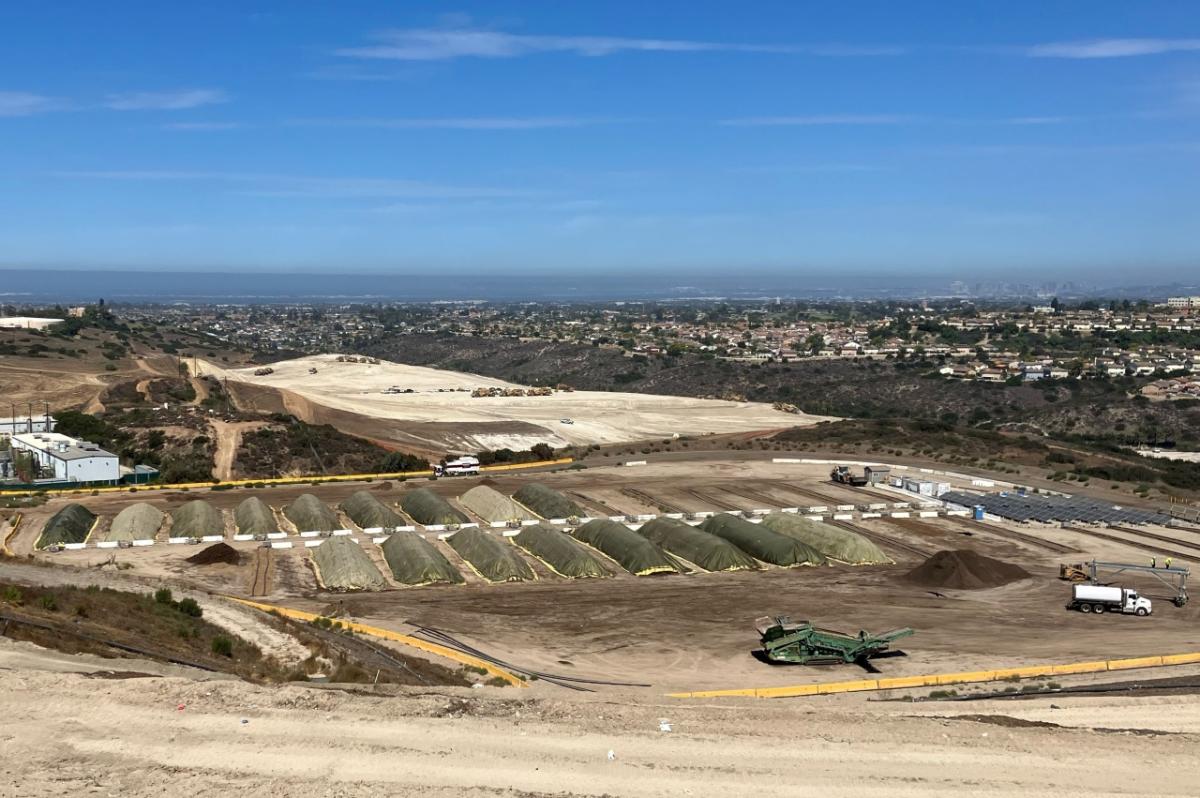As the world grapples with the challenges of climate change, waste management, and sustainable living, composting has emerged as a vital practice that can significantly reduce our environmental footprint. Composting involves the decomposition of organic materials, such as food waste and yard trimmings, into a nutrient-rich soil amendment that can help improve soil health, reduce greenhouse gas emissions, and conserve water. Republic Services, one of the largest waste management companies in the United States, has been at the forefront of promoting composting through its various compost facility locations across the country.

Introduction to Republic Services
Republic Services is a leading provider of waste management services, operating in 41 states and serving over 14 million customers. The company has been in operation for over 40 years and has a strong commitment to sustainability and environmental responsibility. Republic Services offers a range of services, including trash collection, recycling, and composting, to help minimize waste and promote sustainable practices.
Republic Services Compost Facility Locations
Republic Services operates numerous compost facility locations across the United States, providing communities with a convenient and efficient way to manage organic waste. These facilities use advanced technologies and processes to convert organic materials into high-quality compost products that can be used in landscaping, gardening, and agriculture. Some of the notable Republic Services compost facility locations include:
- Phoenix, Arizona: The Phoenix compost facility is one of the largest in the country, processing over 100,000 tons of organic waste per year. The facility uses a combination of aerobic and anaerobic digestion to produce a high-quality compost product.
- Sacramento, California: The Sacramento compost facility serves the greater Sacramento area, processing over 50,000 tons of organic waste per year. The facility uses a worm composting system to produce a nutrient-rich compost product.
- Denver, Colorado: The Denver compost facility is a state-of-the-art facility that uses advanced technologies to process over 30,000 tons of organic waste per year. The facility produces a high-quality compost product that is used in local landscaping and gardening projects.
- Chicago, Illinois: The Chicago compost facility serves the greater Chicago area, processing over 20,000 tons of organic waste per year. The facility uses a combination of aerobic and anaerobic digestion to produce a high-quality compost product.
- New York City, New York: The New York City compost facility is one of the largest in the country, processing over 100,000 tons of organic waste per year. The facility uses advanced technologies to produce a high-quality compost product that is used in local parks and gardens.
Benefits of Composting
Composting offers numerous benefits for the environment, communities, and individuals. Some of the most significant benefits of composting include:
- Reduced Greenhouse Gas Emissions: Composting helps reduce greenhouse gas emissions by minimizing the amount of organic waste sent to landfills, where it produces methane, a potent greenhouse gas.
- Conserved Water: Compost can help improve soil structure, increasing its water-holding capacity and reducing the need for irrigation.
- Improved Soil Health: Compost adds nutrients and organic matter to soil, improving its fertility and overall health.
- Reduced Waste: Composting helps minimize waste by converting organic materials into a valuable resource.
- Cost Savings: Composting can help communities and individuals save money by reducing waste disposal costs and providing a free or low-cost soil amendment.
How to Participate in Composting
Participating in composting is easier than you think. Here are a few steps you can take to get started:
- Check with Your Local Waste Management Provider: Contact your local waste management provider to see if they offer curbside composting collection or have a compost facility in your area.
- Start a Backyard Compost Pile: If you have a yard, consider starting a backyard compost pile using food waste and yard trimmings.
- Use Compostable Bags: Use compostable bags to collect food waste and yard trimmings, making it easier to participate in composting programs.
- Support Composting Initiatives: Support local composting initiatives and advocate for composting programs in your community.
FAQ
- What materials can be composted?: A wide range of organic materials can be composted, including food waste, yard trimmings, leaves, branches, and grass clippings.
- How long does it take to produce compost?: The time it takes to produce compost can vary depending on the composting method and materials used, but it can take anywhere from a few weeks to several months.
- What are the benefits of composting for gardens and landscaping?: Composting can help improve soil health, increase crop yields, and reduce the need for fertilizers and pesticides.
- Can I compost at home?: Yes, you can compost at home using a backyard compost pile or a compost bin.
- How can I get involved in composting in my community?: You can get involved in composting in your community by contacting your local waste management provider, starting a community garden, or participating in local composting initiatives.
Conclusion
Composting is a vital practice that can help reduce waste, promote sustainable living, and improve environmental health. Republic Services compost facility locations across the United States provide communities with a convenient and efficient way to manage organic waste and produce high-quality compost products. By participating in composting programs, individuals can help reduce greenhouse gas emissions, conserve water, and improve soil health. Whether you’re a homeowner, a gardener, or a community leader, there are many ways to get involved in composting and make a positive impact on the environment. By working together, we can create a more sustainable future and promote a healthier environment for generations to come.
Closure
Thus, we hope this article has provided valuable insights into The Importance of Composting: Republic Services Compost Facility Locations. We thank you for taking the time to read this article. See you in our next article!